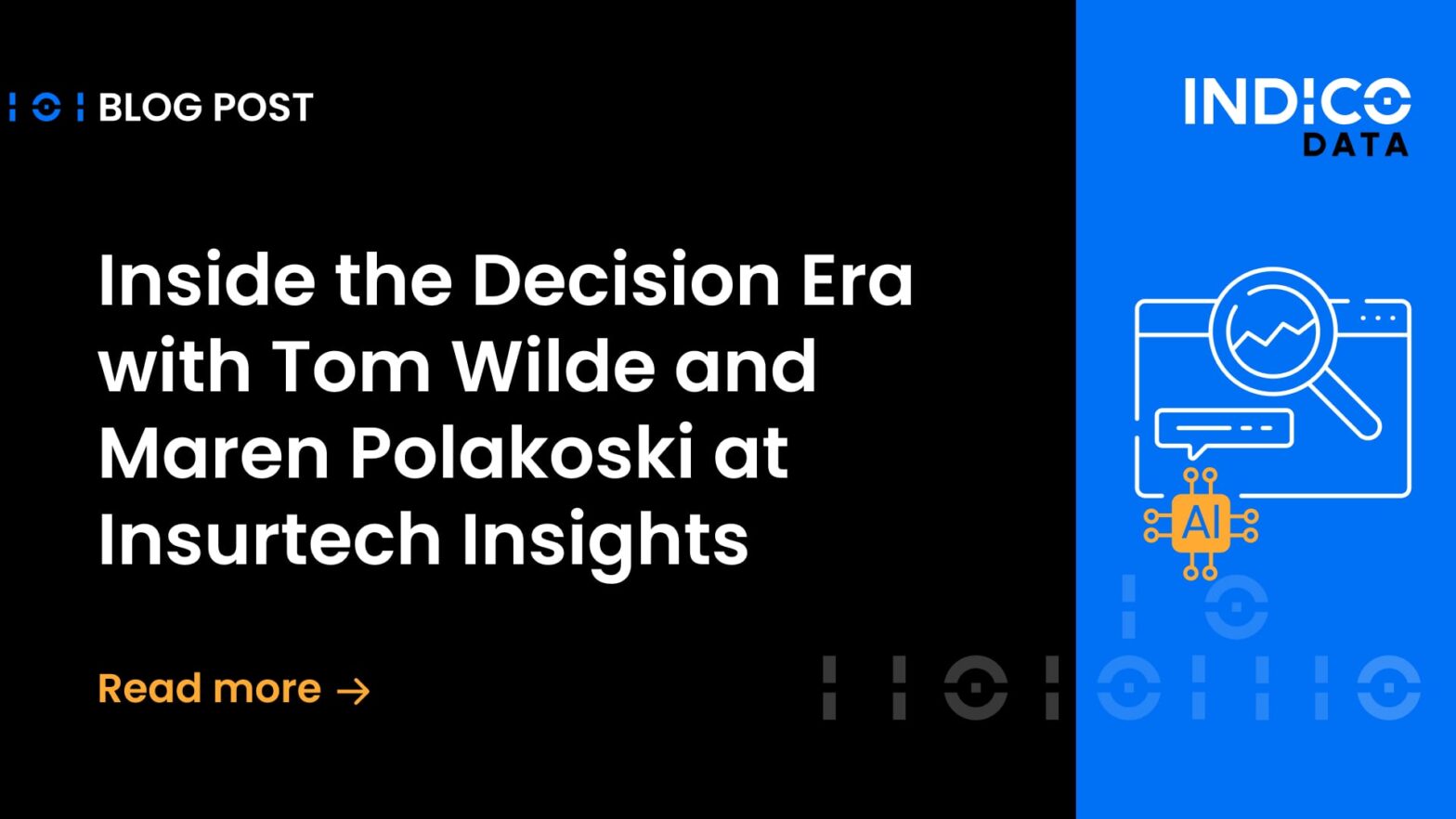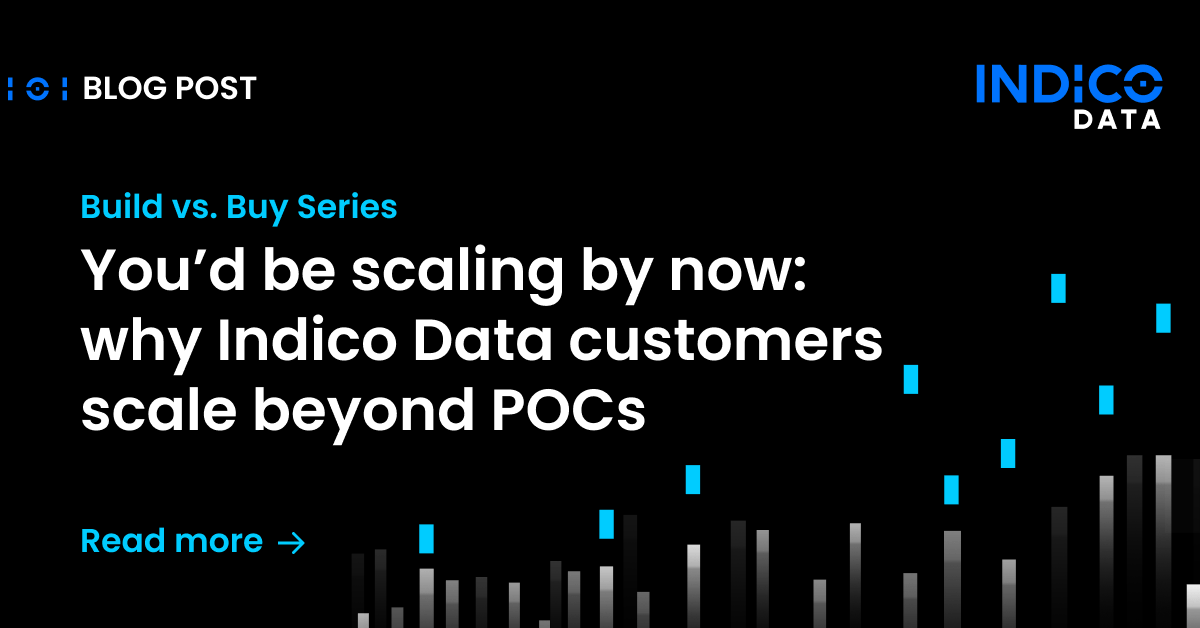In talking with customers, one intelligent document processing use case comes up again and again: automating corporate email inbox processing. Whether it’s insurance, mortgage processing or just a generic corporate “digital mailroom,” most every company has an issue dealing with the massive quantities of email they get every day.
Email is a good example of where robotic process automation reaches its limitations because it falls into one of those gray areas between highly structured and unstructured documents. All emails have structured elements, including the “to” and “from” addresses, dates, and timestamps. But the body of the message is likely to be completely unstructured, containing mostly free-form text, and perhaps one or more photos or other images. Attachments are also likely to be unstructured – often PDFs, Word docs, or, again, images and photos.
Email is an example of where RPA fatigue can set in: you’ve done what you can with RPA in terms of automating processes involving highly structured documents, and are now hitting the wall when it comes to more complex use cases involving unstructured (or semi-structured) content, like email.
At this point it’s time to step up your automation game by adding artificial intelligence capabilities so you can tackle automation use cases involving unstructured content – such as email. Following are a few examples of how you can effectively apply intelligent automation to email processing.
Automating insurance claim & quote processing
Insurance companies understand this email issue well. In both commercial insurance as well as property and casualty, it’s common to have a central email inbox that accepts everything from claims to requests for quotes.
Historically, this has meant having a small army of employees to read and triage each email. They may extract any attachments and enter them in appropriate downstream systems, such as for claims processing. Perhaps they likewise cut and paste pertinent information from the body of the message. Or they may simply read it and forward it to the appropriate department, depending on the topic. Either way, it’s a process that involves significant employee time without a final resolution; typically, someone else still has to deal with each email.
A strong intelligent document processing platform can dramatically transform the process. The employees who read emails can create models by labeling 200 or so emails, essentially telling the IDP platform what sorts of data they normally extract and what to do with different kinds of attachments.
In a short time, the IDP platform for insurance will be able to discern a claim request and extract pertinent data, such as the client’s name, account number, type of policy and nature of the claim. It can even identify and classify images, for example, one showing damage to a right front fender. In short order, the platform can extract all the required data, enter it into the downstream claims processing system, send an alert to an appropriate adjuster, and have the claim well on its way to resolution. Or, if an email is requesting a quote on a new policy, the IDP platform can again determine what kind of policy, pull relevant data, input it into a sales system placing the request deep into the fulfillment process.
Related Article: Intelligent Document Processing Requires a Platform Approach, not Point Solutions
Mortgage process automation
Using an IDP platform for emails at banks looking to automate mortgage processing, whether for loan origination and underwriting or long-term servicing, is another similar scenario. Here again, much of the required documentation often arrives via email, including via a form on the company website.
For underwriting, required documents may include titles, deeds, purchase & sale agreements, credit reports and the like. As with the insurance example, an intelligent document processing platform will be able to extract relevant data, including key terms, and enter it into a downstream system for processing.
Similarly, for mortgage servicing the IDP platform can identify the customer in question and the gist of the request from the body of the email. Then it will either direct the email accordingly or cut and paste relevant data into a customer relationship management system, or other downstream processing system.
Generic corporate email inbox processing
These same intelligent automation capabilities can apply equally well to a generic corporate email inbox that handles all sorts of customer inquiries and requests. With its natural language processing capabilities, a tool such as the Indico Unstructured Data Platform can read each email and determine the subject matter.
Depending on the request, the platform may be able to initiate a response, such as by opening a service request, or forward the email to an appropriate subject matter expert. Either way, that initial manual triage step disappears, so you’ve freed up enormous amounts of time for your customer service representatives to take on other tasks – which will likely be more rewarding for both the employee and the company alike.
To learn more about how the Indico Unstructured Data Platform can help streamline processing of email for your organization, check out this interactive demo. You can also schedule an in-depth demo or register for a free trial to test with your actual email load. We think you’ll be impressed with how much further intelligent document processing can take you vs. RPA.


